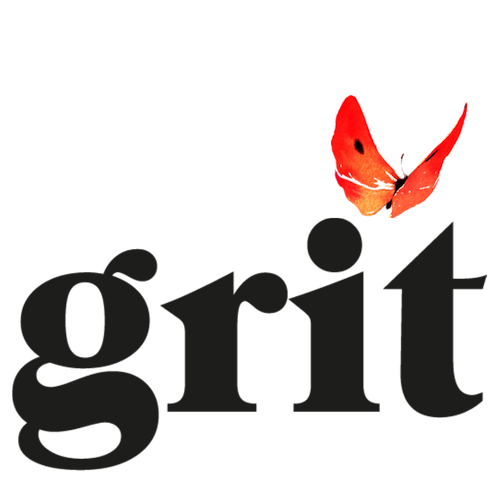Gwyneth’s story
Gwyneth is a lecturer at Cardiff University. Part of her role also includes supporting Welsh speaking students. She did a 2-day Grit workshop for staff.
Since the workshop, I’ve become passionate about Grit. It is life changing - no doubt. I knew that students would be signing up for the programme, so I thought I need to try it for myself.
The workshop was a humbling experience. I was just amazed at people’s stories – the way a group of academics from right across the School of Healthcare Sciences shared their journeys. Some had had negative experiences, faced enormous challenges. When it came down to it, it appeared that they didn’t really have much self-belief. It sounded as if they were spending a lot of their time proving themselves, to themselves.
As far as I’m concerned, if you don’t believe in yourself how can you be the best you can be for students? Grit confirmed this for me. So, I saw the power of Grit in enabling colleagues to reframe their journeys and the obstacles they’ve overcome, to see themselves in a new and a positive way. And it made me reflect on my story. I was able to recognise my own personal strengths and the positive qualities colleagues valued in me. I also feel very lucky.
It felt like a big shift to take the Grit coaching approach on board. For me it was a step into the unknown. It was a bit overwhelming, the whole thing. It’s made me rethink my relationship with students. It’s had me raise my game. When a student comes to me with a problem, we can have a much more productive conversation when I use the listening and enquiring approaches which I learnt from Grit to be able to explore their confidence, anxiety and triggers.
Together we look not only at the problem but at them, the whole person. How they can help themselves, get the support they need, work on the skills and attributes they want to develop as a person and as the health professional they are going to be. It becomes so much more than just the immediate issues and concerns. It’s about their journey as a human being.
Then there’s the Welsh language students and what I might call the undertones of the historical ‘Welsh ‘not’ – I see myself, and others (both professional staff and students) not wanting to raise our heads above the parapet, not being confident with writing formally in Welsh, not challenging the socially systemic, subtle micro aggressions which others may not see. For some of us, we don’t always trust in our ability, and we can lack confidence in that ability as well – referred to as a lack of ‘hyder’ in Welsh.
All of this is related to belonging and wellbeing, critical for individuals to thrive. This is also important for students as professionals working with (Welsh speaking) patients. It reaches right to the heart of their identity. It’s about supporting them to be unapologetic, proud, empowered; to have a sense of value, to find a sense of belonging.
And this is where Grit comes in again: enabling students to see that “it’s ok to be me/ mae’n ok i fod yn fi.”
